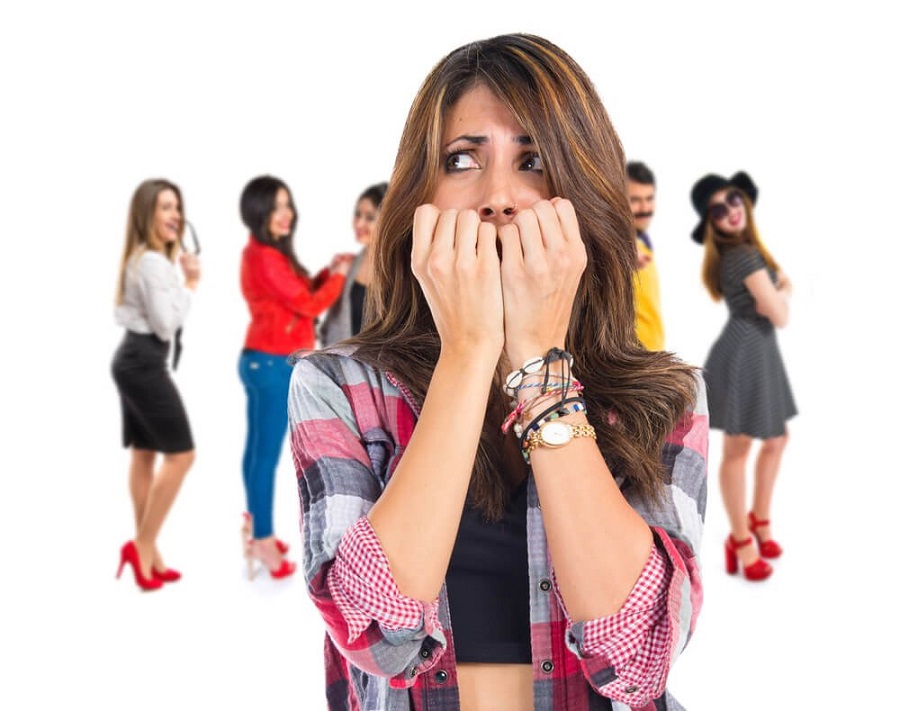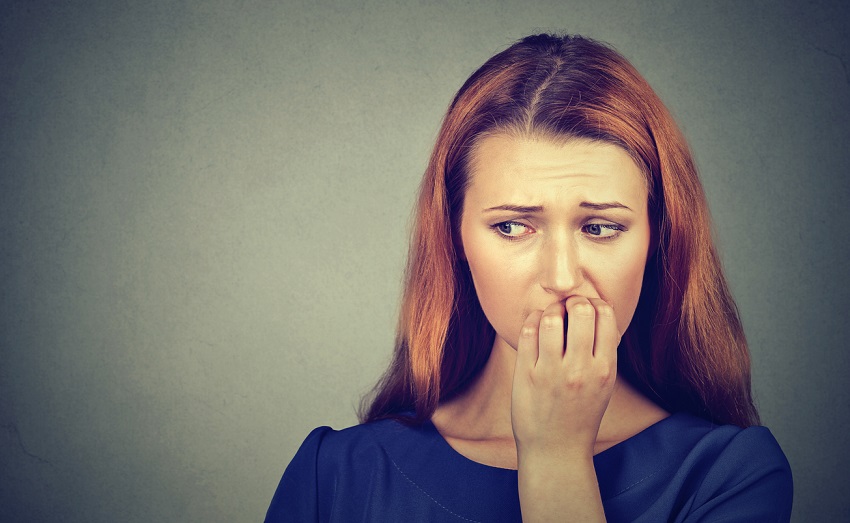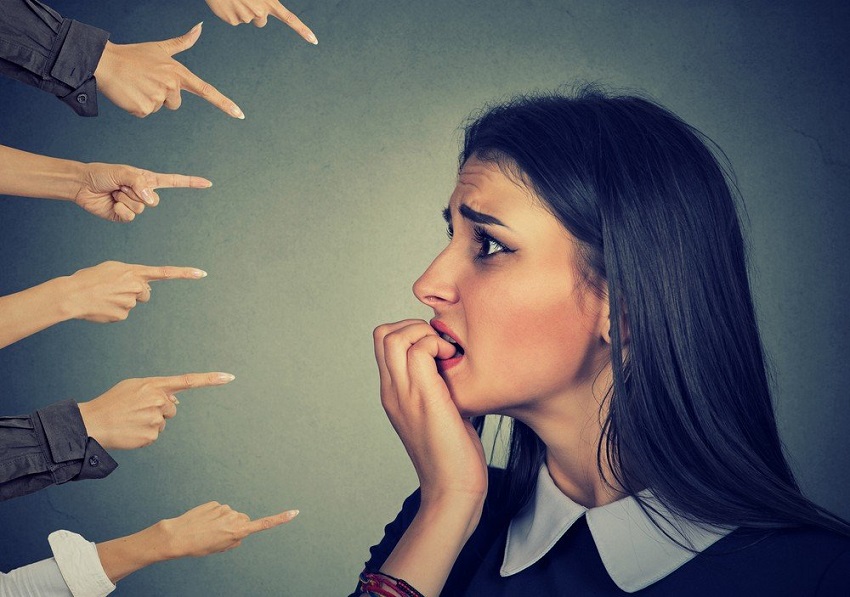
Social phobia: Everything you need to know
Social phobia is a condition that is included in anxiety disorders. In fact, it is also called social anxiety disorder. Individuals who suffer from it experience high levels of anxiety in social situations.
The anxiety can occur under normal conditions; It is a natural phenomenon. Prepares the person to make an effort, either physical or psychic. Anxiety mobilizes the organism in situations of stress in order to overcome obstacles.
However, an excess of anxiety causes an excess of psychophysical activation. Thus, instead of facilitating the overcoming of obstacles, it makes this task difficult. A person with social phobia will experience very high levels of anxiety in social situations, which will become a real problem for him or her.
Symptoms of excessive anxiety

Excess anxiety produces true symptoms both at the corporal level and at the mental and behavioral levels. Given a social situation, a person suffering from a social phobia may present some of the following symptoms.
You may also interest: Esophageal cancer: symptoms, diagnosis and treatment
Somatic symptoms
Anxiety can take over many of our bodily systems. As for the musculoskeletal, it produces an increase in muscle tone (that is, the muscles become stiff). In addition, muscle contractions or tremors may occur.
As for the digestive system, it can also cause dysphagia (difficulty swallowing), nausea, vomiting or diarrhea. It is not uncommon that polaquiuria is also present, that is, frequent need to urinate.
They also appear tachycardia, chest pain, hyperventilation or dyspnea (feeling of shortness of breath). Dizziness, the sensation of instability, hot flushes or sweating are also frequent. Some types of sexual dysfunction can also be experienced.
Psychic and behavioral symptoms
During the time when the individual experiences excessive anxiety, there are multiple psychic aspects that can be affected. To begin with, you can decrease the capacity of both attention and concentration. Deficits in memory and insomnia may appear.
Sudden attacks of restlessness, fear or excessive worry may also occur. It is not uncommon for symptoms of depersonalization or derealization to appear.
Phobic anxiety or phobia
Phobias are very frequent anxiety disorders among the population. Most cases are mild and hardly interfere with the person’s daily functioning.
There is a peculiarity that differentiates phobic anxiety, or phobia, from anxiety in general. In phobias, anxiety is triggered only by those situations that are the object of the phobia. In the case of social phobia, the object of phobia is social situations.
When suffering from a phobic anxiety disorder, people experience fear, fear, shame, discomfort, humiliation, etc., before the object of the phobia. They recognize that their reaction is irrational and excessive; however, they can not control it. This leads them to avoid that object of phobia, and if they can not, they can experience anguish crisis.

There are three types of phobia:
- Specific phobia; for example, to spiders.
- Agoraphobia, irrational fear of public places in general.
- Social phobia, caused by social situations and public performances.
Within social phobia, there are also two types:
- Simple phobia: in a specific situation, for example, speaking in public.
- Generalized phobia: affects most social situations.
Thus, the person with a generalized social phobia, in social situations, fears, for example, not being taken seriously, being teased, making a fool of himself, being rejected, etc. They experience some of the anxiety symptoms mentioned above, in addition to, for example, blushing, palpitations, and confusion.
They also develop anticipatory anxiety. It is a type of anxiety that leads to thinking that everything will go wrong. They also end up developing avoidant behaviors, through which they flee from social situations. This can limit the social life of the person, whose self-esteem is usually affected.
Difference between disorder and normality

As already explained at the beginning, anxiety is a normal and natural reaction of the organism that we all experience to a greater or lesser extent. In addition, within normality, there are more and less nervous people. In the same way, there are more and less resolved people in social situations.
For this reason, we will speak of social phobia only when very high levels of anxiety present themselves in social situations that hinder the adaptation and functioning of the individual.
We also recommend you to read this article: http://improvelifehere.com/anxiety-depression-and-self-abandonment/



Average Rating